
Vietnam is increasing its portion of renewable energy while reducing that of fossil energy to promote sustainable development, ensure energy security and reduce carbon emissions while at the same time boosting economic development, improving the people’s access to clean energies and creating more jobs for the community, experts said at a seminar in the Mekong Delta province of Hau Giang on November 24.
Over the past two years, Vietnam has been the leader in developing solar power in the Association of Southeast Asian Nations. As of June 2020, Vietnam’s total capacity of renewable energy, mainly solar power, reached 5,500 MW. Renewable energies currently account for 10% of the country’s total power production.
According to the amended seventh national power plan, the Mekong Delta region is expected to become an energy hub in the south. Many Mekong Delta cities and provinces have recently taken practical measures to boost the development of renewable energies, especially wind and solar power.
Some localities have combined hi-tech agricultural production with rooftop solar power production, which helps improve locals’ incomes, ensure energy security, protect the environment and promote sustainable development.
According to Nguy Thuy Khanh, executive director of the Green Innovation and Development Center (Green ID), the Politburo’s Resolution No. 55 on energy development strategies until 2045, which was issued in February 2020, urges breakthrough policies to boost the development of renewable energies, replace fossil energy by renewable energies as much as possible, diversify energy sources, reduce the portion of coal-fired power and encourage the private sector to invest in renewable energies.
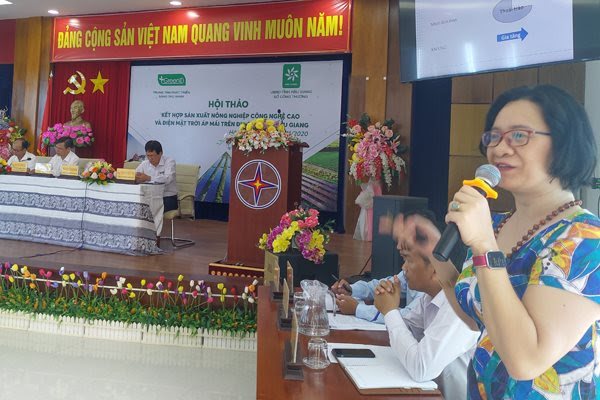
According to the resolution, Vietnam Electricity has to purchase the entire amount of electricity produced by renewable energy plants for 20 years. Besides, the Government offers incentives on capital, import tariffs, corporate income tax and land rentals for investors in renewable energy.
Late this month, the Ministry of Industry and Trade will submit the draft eighth national power plan to the prime minister. According to the draft plan, the country will not develop new coal-fired power plants in the 2026-2030 period, while boosting investment into wind and solar power.
On the occasion of the seminar, Green ID, the Hau Giang Province Department of Industry and Trade and Ecotech Vietnam Technology Investment and Trading JSC, signed a memorandum of understanding to support a 100 MW rooftop solar power project worth VND200 billion that will be kick-started in the province next year.
According to Khanh, Vietnam’s shift from fossil energy to renewable energy is in line with the global trend.
In China and India, whose new coal-fired power projects’ capacities have accounted for 85% of the world’s total since 2005, the number of newly licensed coal-fired power projects has dropped drastically. Meanwhile, in 2018, the United States shut down coal-fired power plants with a total capacity of 17.6 GW.
“We all know that fossil energy has fallen into decay, while renewable energies are emerging,” Khanh concluded.
Huynh Kim - The SaigonTimes

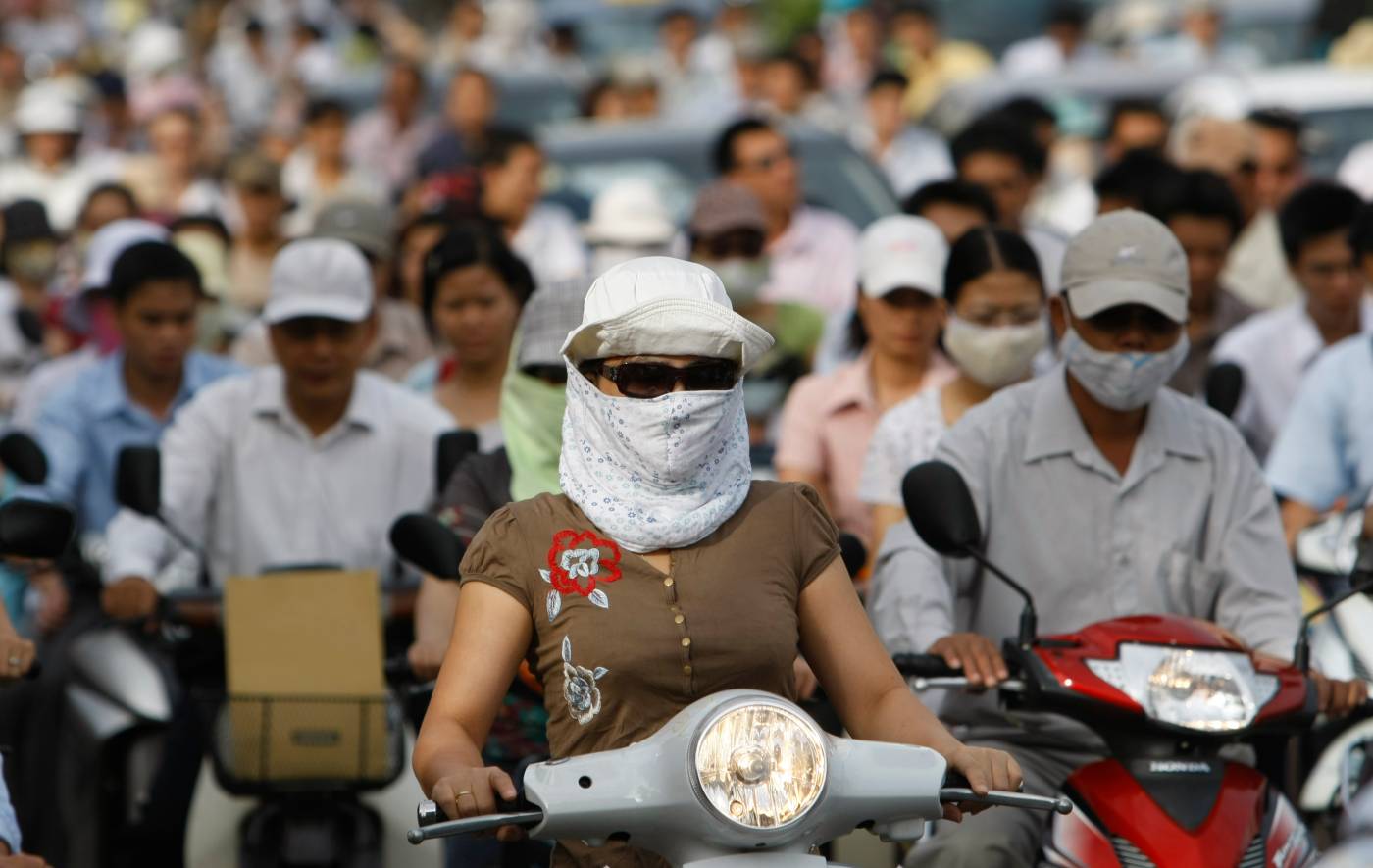
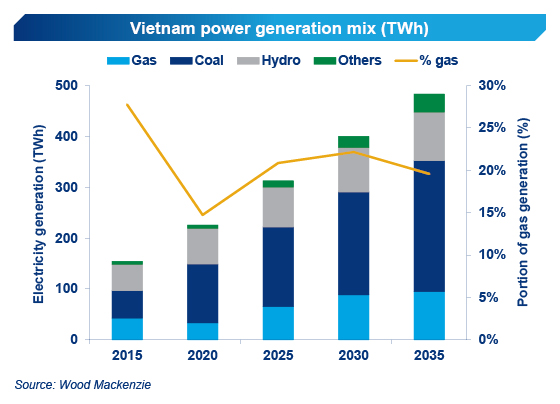

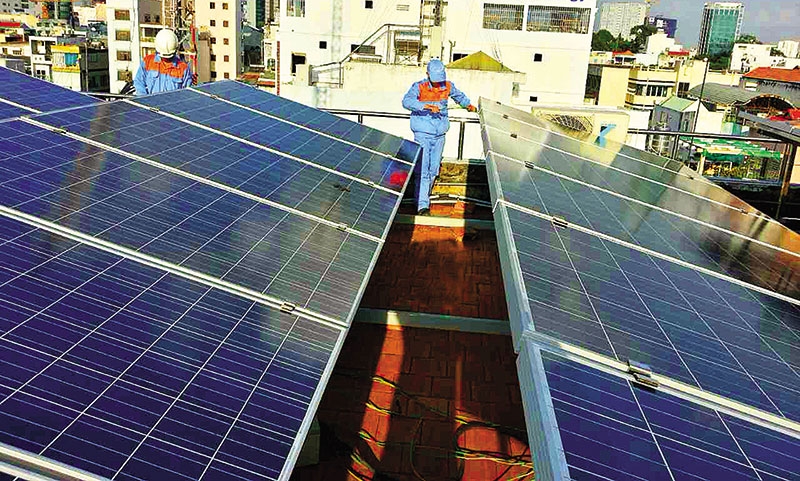
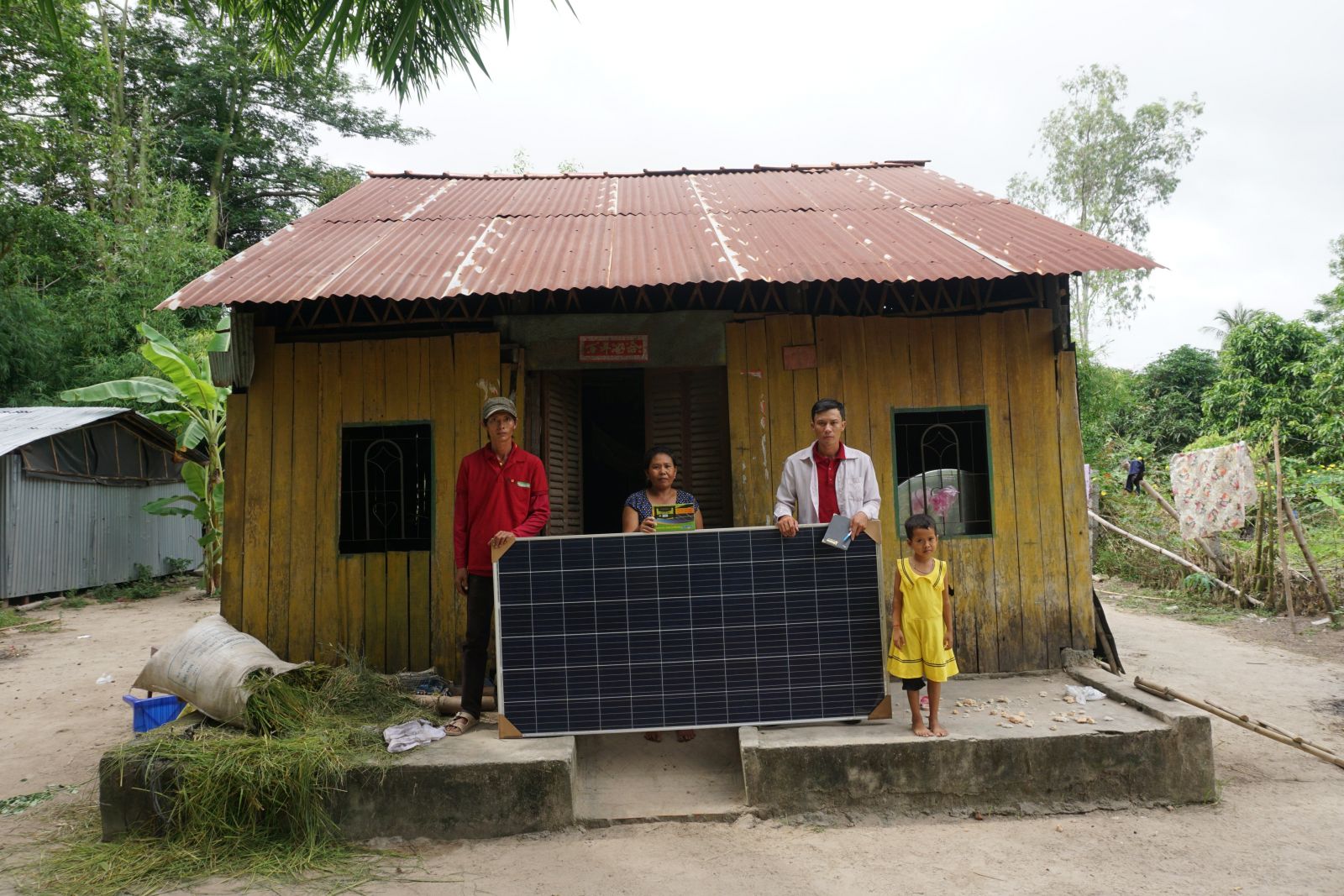

.png)
